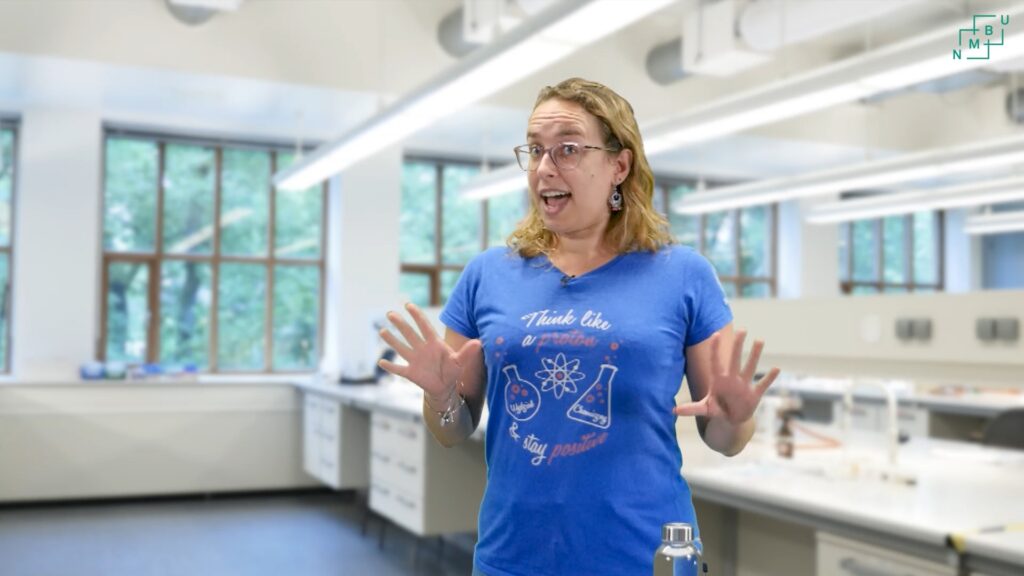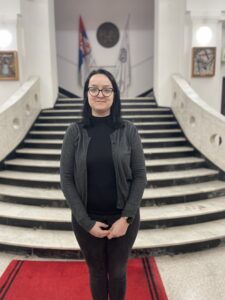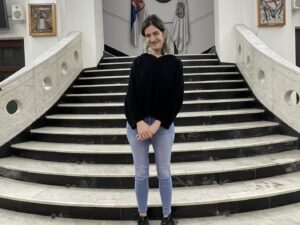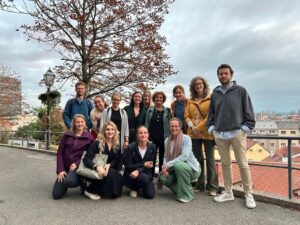Since the beginning of high school, I was fascinated by the complexity of chemistry, especially its interconnection with surrounding molecules and living organisms. To better understand these interactions, I ended up taking biotechnology at Gdansk University of Technology (Poland), where my scientific journey began. The engineering approach of the university helped me to see the simplicity of biochemical complexity. Answering the questions “what”, “how” or “why”, while analyzing biomolecules’ behavior and dependency, felt like conducting a criminal investigation. I decided to use my acquired knowledge to fight with known or new civilization diseases. Hence, pharmaceutical biotechnology became my specialization of choice.My Master thesis focused on investigation of spectral properties of enzymes Candida albicans , which is an opportunistic pathogenic yeast.
However, by the end of my studies, I realized that disease prevention is as important as finding a new cure. Thus, the Ph.D. program connected to environmental biotechnology was what I pursued. My project at Institut National de la Recherche Scientifique (Quebec, Canada) was focused on development of the eco-friendly and cost-effective method to improve wastewater treatment. My aim was to increase the removal rate of pharmaceuticals, where I could use the knowledge I obtained during my Master studies. I also investigated the fate of contaminants in water and their possible influence on living organisms.During my doctoral studies I was awareded with Mitacs Globalink Research Award, which allowed me to conduct part of my research at NMBU, Norway, under the supervision of Professor Harsha Ratnaweera and Dr. Zakhar Maletskyi. My PhD dissertation was awarded with the International Outreach Price . I am the author of seven research papers, three book chapters and two research communications at international conferences.
Currently, I am an MSCA Postdoctoral Fellow at the team of Professor Harsha Ratnaweera to further develop my interests in emerging contaminants.
We asked Agnieszka some questions, and these are her answers:
What value do you expect to bring to your organization from your EJWP participation?
“New contacts, but also new perspectives. Each of the participants is from a different European country with a different background, so they may have a different view of how to tackle the water-related problems. What is more, by developing my soft skills during EJWP trainings, I expect to be better at my work. I am not a single-person company, so good working relationships with others is a key. It is giving the opportunities to young professionals to boost their confidence and work interdisciplinary. It also shows the organizations the potential of young professionals.”
What value do you expect to bring to your career, community and/or the water sector from your EJWP journey?
“I expect to bring my perspective. Living in different countries and knowing people from various places makes us understand that we all share similar problems and we can learn from each other experiences.”






